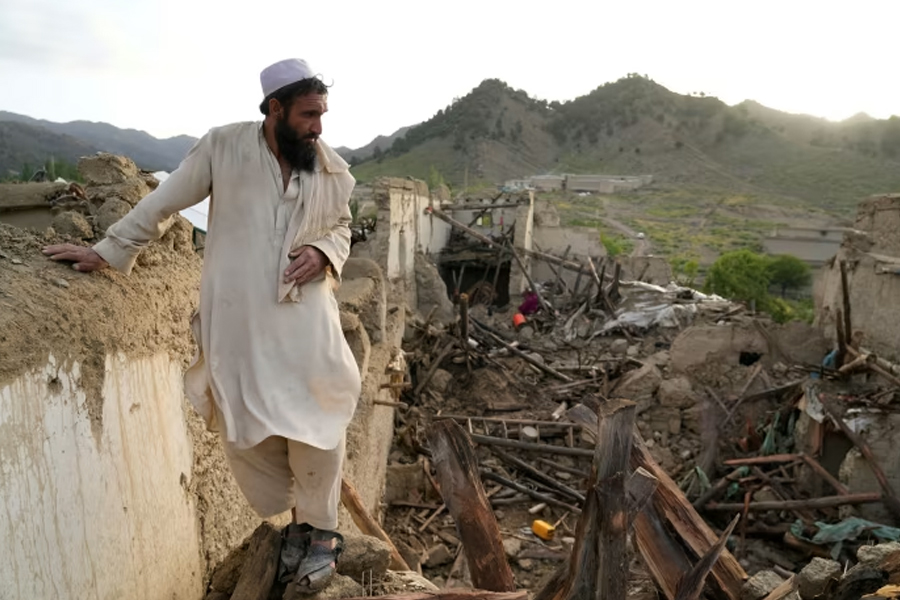
This paper argues for a community-based social transformation and building of consensus towards deepening development in Afghanistan.
Author
Ambreen Agha, Associate Professor, Jindal School of International Affairs, O.P. Jindal Global University, Sonipat, Haryana, India
Summary
More than two years into the U.S. military withdrawal from Afghanistan, the debate on “just”/“unjust,” “good”/“bad” wars continue with questions centered on fragmented sovereignties, fledgling legitimacies, and war-induced political double binds that produce their own structures of oppression, with rising economic precarity of a poor, agrarian economy heavily dependent on international financial support.
Since the first Bonn Conference in 2001 that excluded the “illegitimate” Taliban until the Doha talks in 2021 with the Taliban and without the presence of the legitimate Afghan government, the approach of the U.S. in implanting democracy in Afghanistan dramatically changed the political situation on the ground. This chapter seeks to examine the internal dynamics since the launch of the War on Terror, with emphasis on the presence of multiple realities and contradictions that exist, the construction of new (conflicting) identities and politics of patronage that poses a challenge in mapping nationalist imaginaries.
Over the last 20 years, Afghanistan emerged as a state where vulnerabilities and progress coexisted, owing to the asymmetrical development at the intersection of class, politics, and the rural-urban divide. From a “double binds” theoretical framework that confronts the Afghans, the paper problematizes liberal ascendancy that is a manifestation of power politics and argues for a community-based social transformation and building of consensus towards deepening development in Afghanistan.
Published in: Polycrisis and Economic Development in the Global South
To read the full chapter, please click here.

